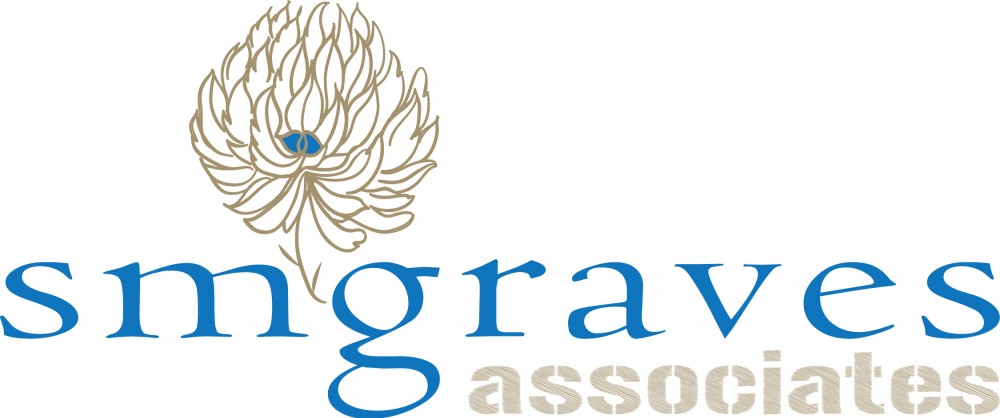Focus on the Core

In the second installment of our series on building a destination business Scott focuses on where you should consider the beginning of your planning process…..at the core.
When I built the plan for my recently ended music merchandising company, Smash Music(more on that later) I considered for years where my business plans starting point would be.
I wanted to build something with soul. I wanted to build a happy and engaged team of professionals. I wanted to build an entity that represented my ideals as a business person and as an artist. I wanted to build a pillar of a local community, an anchor of independent business that would draw from miles around. I wanted to make the ‘me’ into a ‘we’.
Consider: how do you start a business plan from day one, from concept to launch whose fundamentals remain strong for years to come?
This is what we came up with. This is what worked for us.
We started every major component of our business plan with one simple starting point. Our ‘core’ was the student. We identified in great detail who we thought this person was and we decided on a variation.
Example: The student could be a young person, part of a family, representative of a certain demographic, etc while a variation was the student who’s an empty nester, married or single, with time and funds to re-kindle or start a musical journey for the first time.
The plan had soul because we started with soul, a fully fleshed out profile of a real person to serve.
We knew we wanted to make revenue in this company by providing a host of music education services. We also knew we wanted to support that music making, academic and personal exploration with the right tools the student would need.
This starting point allowed us to talk over the various ‘touch points’ at which our company could interact and produce revenue with the client. It looked something like this.
- Enroll student in private instruction on an instrument of their choice.
- Depending on that instrument, do we have additional education services (ensembles, improv groups, etc). To suggest adding and at what step along their journey do we suggest to student (parents if applicable) to engage that touch point.
- If playing a band or orchestral instrument, can we rent them a suitable student instrument package.
- When is it time to sell them accessories that are not wasteful but essential given teacher recommendations? What publishing will they need and when?
- When and how do we introduce the student and their family to the repair shop?
- How do we get the entire family engaged with our makers space?
- What other services can we provide under our roof that keeps the students and family members engaged in our services?
The real plan had a hub and spoke approach. It was as fleshed out as we possibly could make it. This planning strategy if allowed to consistently expand over the entirety of your business will not only inform your general approach but really push you and your staff.
You’ll devise the specific processes by which you will systematically ensure each touch point is not random, but orchestrated at the right time.
The client should feel like you’re serving them with sincerity and competency, building trust at each step and recommendation. Each small detail implemented flawlessly. That turns the entire experience from a transaction to a thoughtful process, a hallmark of a destination business.
As the business owner, your task is to push staff to realize the processes on their own. Working together, you devise this part of the strategy and ideally revisit it at regular intervals for efficacy in the real world.
You ask questions beyond the standard ‘is this working’ and into ‘ if not, then is it an issue of us not executing consistently, or at all, or are systemic changes needed to chart a different course?’
Because our entrepreneurs lifestyle demands a lot of perceived ‘salesmanship’ from us, coupled with our propensity towards driving ourselves from the ego, we will regularly forget to listen more than we ‘sell’ to people.
I’m not disparaging you for being excited for your business. BE EXCITED. But don’t ever, not ever, I mean NEVER forget to listen more than you do the talking. Your clients will inform you what they want, when they want it and how they’ll take it.
By starting off the planning with the client at the center of the business universe, it’s core, you come closer to creating an organization that has a chance at consistently responding to the needs and desires of your clients. This will nearly always lead to revenue.


Scott M. Graves is founder of SMGraves Associates and host of SMG’s ‘Are We Here Yet?’ Podcast which is a part of M the Media Project, a solution providing robust local journalism.
The SMG team develops unique and powerful economic development tools to support business incubation, business management services and real estate development.
